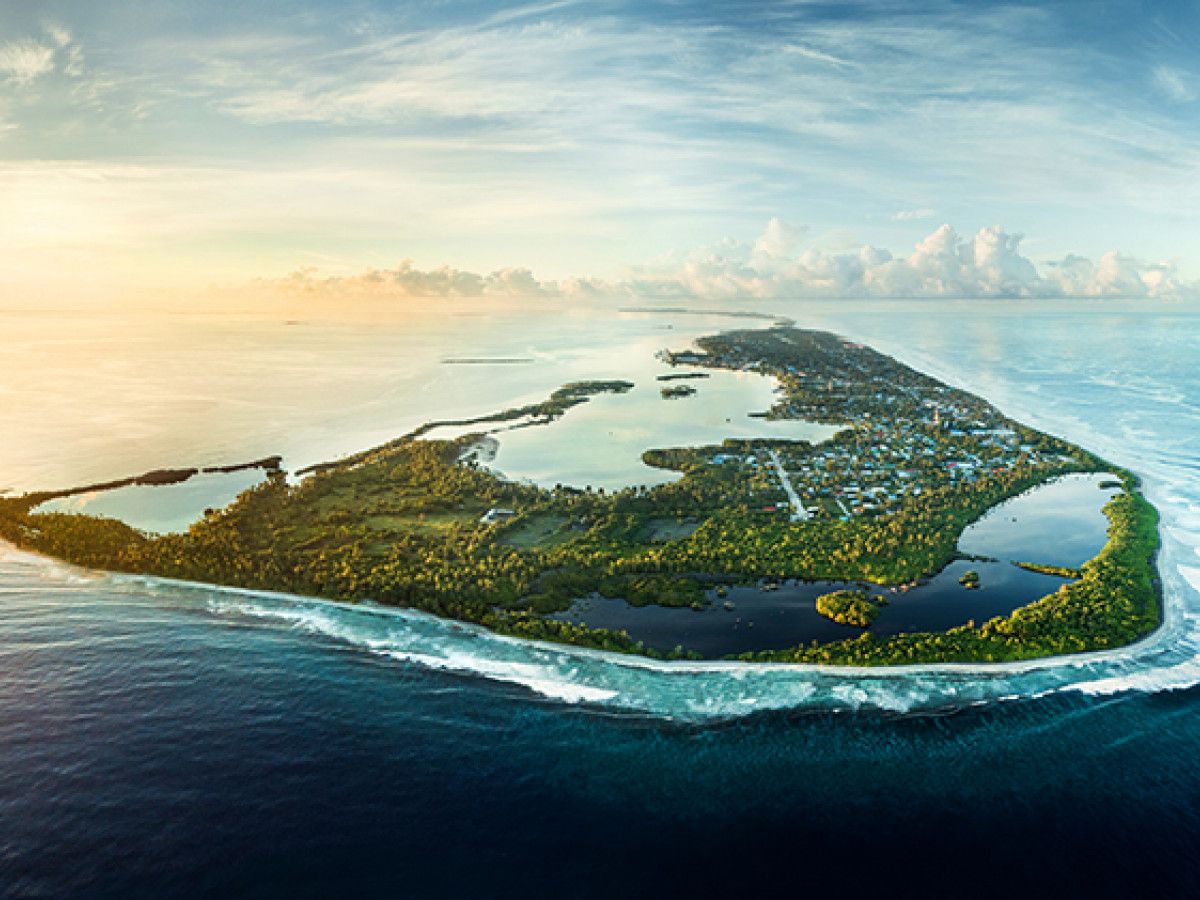Male’, Maldives – The Addu City Council has decided to submit a proposal to the Ministry of Environment to accredit Addu City as a “Ramsar World Wetland City”.
Speaking at the Council’s 4th sitting for 2021, Mayor Abdulla Sodiq emphasized on the importance of Maldives signing the Ramsar Convention to conserve and protect wetlands across the country.
The Wetland City Accreditation scheme encourages cities in close proximity to and dependent on wetlands – especially designated Ramsar Wetlands of International Importance – to promote the conservation and wise use of urban and peri-urban wetlands, as well as sustainable socio-economic benefits for local people.
Addu has several major mangroves and wetlands, some of which have been protected by the state, with some developed as tourism attractions.
Kudakandu is located in Addu’s lagoon, Maa Kilhi and Fehele Kilhi in Hithadhoo, Maafishi Kilhi (Keyvakaa Gon’do) in Hulhudhoo and Mathi Kilhi were all as protected areas under the Environmental Protection and Preservation Act back in September of 2020.
Maa Kilhi and Fehele Kilhi are two mangroves, dotted with lotus plants and are found in Hithadhoo’s southeastern wetlands. These mangroves assist in preventing floods on the island by draining rainwater.
Kudakandu area is known for its biodiversity, housing various types of rocks and coral as well as endangered species including Spotted Eagle Rays, sea turtles and some dolphins.
Maafishi Kil located at the southern edge of Hulhudhoo also acts as a drain for excess rainwater, and is home to various bird species, along with plants such as Coastal Ironwood, Indian Tulip Trees, Seashore Screwpines and Indian Almond Trees.
Mathi Kilhi is a large, marshy grassland of around 50 hectares located in the centre of Hulhumeedhoo known for its ponds.
In addition to these, there are various other wetlands scattered across Addu City. Wetlands serve an important role but are the most endangered ecosystems in the world.
Addu City, along with Fuvahmulah were also declared as a UNESCO Biosphere Reserves in November of last year.





